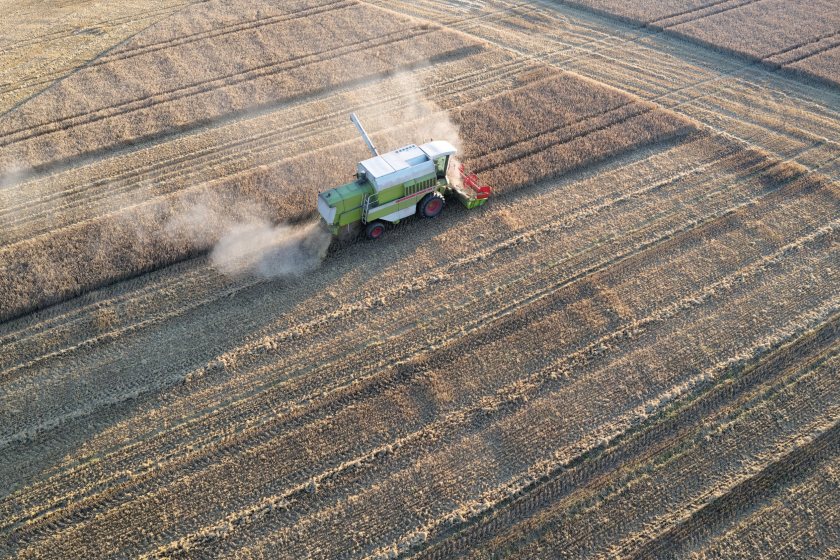
Unsatisfactory crop prices and the continued rise in input costs are squeezing Scottish growers harder than ever, NFU Scotland has warned.
Concerns about low crop prices, rising costs and competition from imports have been raised by the union, factors which are 'threatening' arable farming.
Despite favourable weather conditions leading to excellent establishment for winter barley, winter wheat, and oilseed rape (OSR) crops, it said the outlook for 2025 'remains uncertain'.
NFU Scotland recently met with the Maltsters Association of Great Britain (MAGB) and the Scotch Whisky Association (SWA) to underline the need for more robust pricing and contracts for premium crops, like malting barley.
Discussions with distillers and the SWA are ongoing, with calls for fairer pricing structures that reward Scottish farmers for high-quality, sustainable production.
NFU Scotland’s Combinable Crops Chair, Jack Stevenson said that many Scottish growers 'are frustrated, and looking to 2025 for much-needed optimism.'
“Global wheat prices remain subdued, and the anticipated increase in demand for malting barley has yet to materialise," he noted.
"Instead, growers report prices for 2024 crop well below expectations compared to the 2023 harvest."
The economics of growing malting barley was a central focus at the meeting between NFU Scotland an MAGB in London.
There, the union said that without a proper price premium, the risk-reward equation 'does not make sense for farmers'. A delegation also met with the SWA in late November.
Mr Stevenson explained that malting barley was a 'premium crop, and it must command a premium price'.
He said: “The additional management costs of growing malting barley, lower yields compared to feed barley and stringent intake tolerances are significant hurdles.
“Moreover, sustainability considerations are adding pressure to the supply chain. More than a quarter of whisky industry emissions come from the growing crop.
"Farmers will embrace green production techniques, but they must be recognised and paid for their efforts."
In 2024, winter wheat, long seen as a reliable and profitable staple, has become a source of frustration for many growers due to global market dynamics and increased imports.
Reports of large volumes of imported wheat arriving at Scottish ports have sparked anger among many.
Although it is acknowledged that Scotland does not produce enough wheat to meet total demand, NFU Scotland said the lack of support for Scottish-grown produce was 'disheartening'.
"Scottish growers are loyal and committed to producing a high-quality product, yet they face delays in uplifts and depressed prices because of full intakes," Mr Stevenson said.
"At the same time, our members have voiced concerns about the quality and assurance credentials of imported wheat, which often fails to meet the same high standards as locally grown grain."
